3 Assumptions to Make When Buying a Used Sports Car

A used sports car is a popular purchase for driving enthusiasts from all walks, and buying one is a joyous thing — provided it’s in sound shape and isn’t hiding some pricey issues that are about to turn your wallet inside out.
Below, we’ll look at a few things you should assume about every used sports car you’re considering to help make sure you don’t wind up buying a nightmare with more problems than a math textbook. Playing devil’s advocate and assuming the worst can pay dividends when it comes time to pick up that new-to-you MX-5, Viper, R8, 335i or Focus ST.
We care about you, we want you to shop carefully, and we don’t want you to let lust cloud your judgment. The gist? When shopping, approach each used sports car assuming the following to be true until you confirm otherwise. Your bank account might just thank you.
Assumption 1: The sports car you’re considering needs hundreds of dollars worth of brakes, tires, and a new clutch until you have proof that it doesn’t.
Sports cars are often driven hard. This isn’t necessarily an issue on its own, but it could mean the tires and clutch on the car you’re considering are pooched, and that the brakes look like two dogs just got finished fighting over them. Many sellers aren’t trying to pass these replacement costs off to you, but some are — and knowing about it before you buy can save you a bundle.
Work backward from an expectation standpoint and approach every used sports car you’re considering assuming that the seller would rather you foot the bill to replace these consumable parts until you confirm otherwise. Check the tires for signs of excessive wear, confirm that the brakes are not near-due for replacement, and coax slippage from a worn clutch by applying full throttle at high loads, perhaps in top gear, at about 40 miles per hour up a hill.
ALSO SEE: 5 Expert Tips for Buying a Used Sports Car
If you’re not sure how to check for tire, clutch, and brake wear, have a mechanically inclined friend or an automotive technician take a look for you. Note that a Pre-Purchase Inspection (PPI) costs about $100 at a service center but could reveal a $1,000 problem, making it a smart investment.
Assumption 2: Any remaining warranty coverage is void until you have proof to the contrary.
Modifying your sports car is a great bit of fun that can make it faster, louder, and more powerful. It can also cause headaches, electrical problems, durability issues, and turn an engine into confetti while voiding any remaining warranty coverage.
With certain used sports car models, it’s tricky business finding a unit that hasn’t had some form of modification, so be on the lookout. Note that turbocharged models are particularly suspect, as many an owner uses a software re-flash to turn up the boost for more power. Sometimes, this is fine. Other times, things explode.
Typical logic goes like this:
– Turn up the boost with non-factory software
– Blow engine to smithereens while laying the smack down on your buddy’s Evo
– Set engine computer back to stock
– Visit dealer, act surprised that your engine exploded, expect replacement under warranty
Not so fast: automakers have clever ways to detect the presence of non-factory computer programming and other hardware modifications even if they’re not presently installed in the vehicle. Don’t underestimate the lengths an automaker can go to detect non-factory modifications in order to deny warranty claims for damage that they might cause.
This is especially important if you know the vehicle has been modified and even moreso if it runs a turbocharged engine, since turbocharged engines are very common candidates for non-factory (and typically warranty-voiding) tuning software.
ALSO SEE: 8 Important Tips for Buying a Used Luxury Car
Did you know that some automakers can even black-flag a vehicle’s warranty without the owner even knowing? For maximum peace of mind, assume that the warranty is void until you have a dealer run the vehicle’s VIN number and confirm that any remaining warranty is in good standing. The average used sports car shopper should typically avoid a used sports car that’s been modified.
Assumption 3: Assume the used sports car you’re considering is overdue for all scheduled maintenance and fluid changes until you see service records or receipts that prove otherwise.
Are the spark-plugs overdue for a change? Is the rear differential fluid past due for replacement? Is the brake fluid old and worn out? Is the timing belt about to fail because it’s 15,000 miles past due for replacement? Is the air filter clogged full of bees and dirt?
For maximum peace of mind and long-term durability from your sports car investment, the answer to all of the above questions is YES until you see proof to the contrary. Seek out receipts and service records from the seller that prove all work has been completed on time.
If service records are not available, budget to have all maintenance and fluid changes as outlined in the owner’s manual service section performed for maximum confidence. Do not underestimate the importance of regular maintenance and fluid changes on the longevity of the vehicle.
Further, note that in the vast majority of cases, you’ll want to be sure to use only the specific spark plugs and fluids specified in the owner’s manual, changing them at, or (preferably) before their prescribed intervals, and especially if the sports car in question runs a direct injected engine.

Justin Pritchard, an award-winning automotive journalist based in Sudbury, Ontario, is known for his comprehensive automotive reviews and discoveries. As a presenter, photographer, videographer, and technical writer, Justin shares his insights weekly through various Canadian television programs, print, and online publications. In 2023, Justin celebrated a significant milestone, airing the 600th episode of his TV program, AutoPilot. Currently, he contributes to autoTRADER.ca, Sharp Magazine, and MoneySense Magazine. His work as a technical writer, videographer, presenter, and producer has been recognized with numerous awards, including the 2019 AJAC Video Journalism Award and the 2018 AJAC Journalist of the Year. Justin holds a Bachelor of Commerce (Hons) from Laurentian University, which he earned in 2005. His career in automotive journalism began that same year at Auto123.com. Since then, he has written one of the largest collections of used car buyer guides on the internet. His passion for photography, nurtured from a young age, is evident in his work, capturing the scenic beauty of Northern Ontario. Living in a region with a particularly harsh winter climate has made Justin an expert on winter driving, winter tires, and extreme-weather safety. Justin’s significant achievements include: 2019 AJAC Video Journalism Award (Winner) 2019 AJAC Road Safety Journalism Award (Runner-Up) 2019 AJAC Automotive Writing (vehicle review topics) (Winner) 2019 AJAC Automotive Writing (technical topics) (Winner) 2018 AJAC Journalist of the Year You can follow Justin’s work on Instagram @mr2pritch and YouTube @JustinPritchard.
More by Justin Pritchard



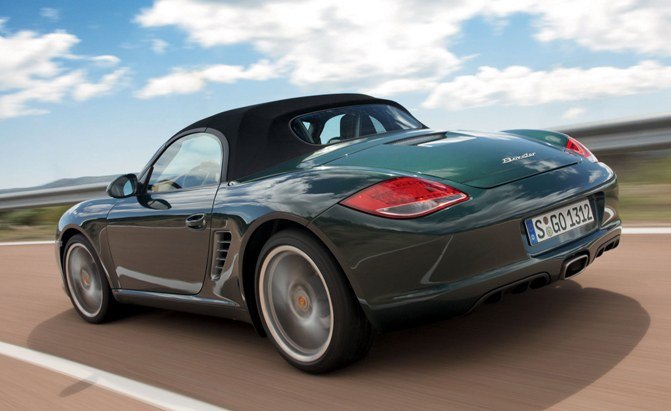

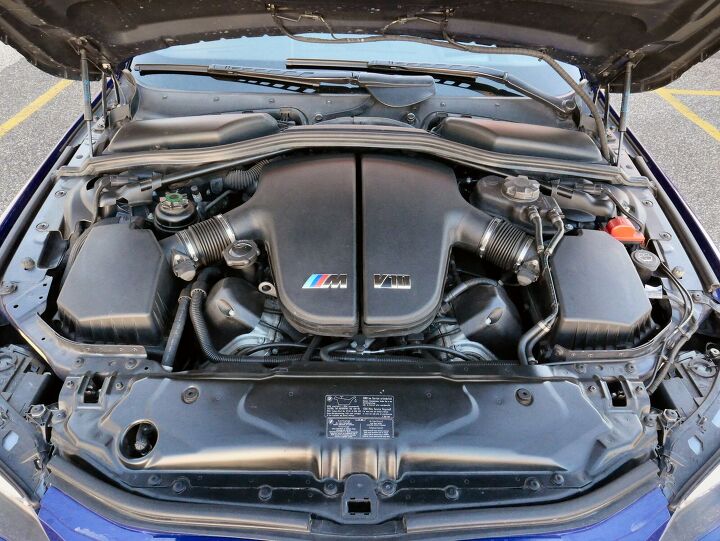











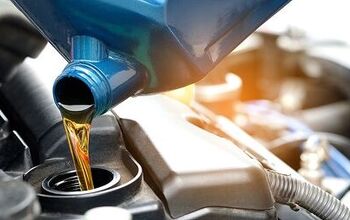

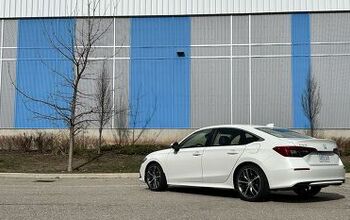
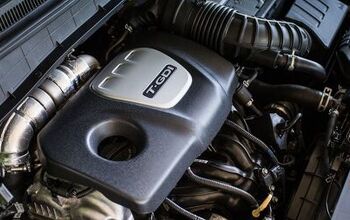
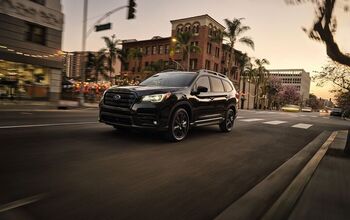





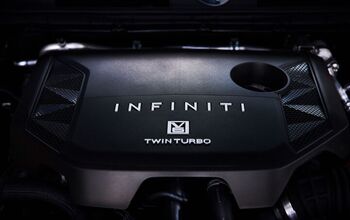
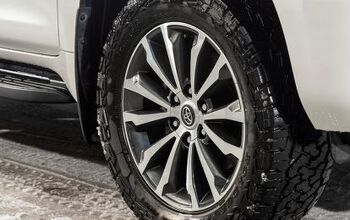



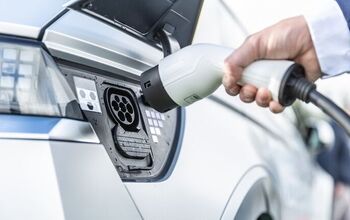

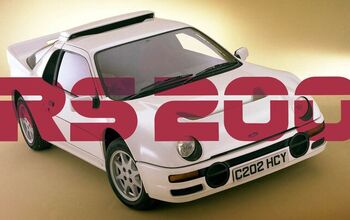
Comments
Join the conversation
Great advice and #1 is the most important. I hate to see people stretch their budgets buying a used sports car. If I could add one it would be that no matter what the buyer says, modifications are only made because the factory car wasn't fast enough. Stay away from these cars unless you're very knowledgeable about repairs.